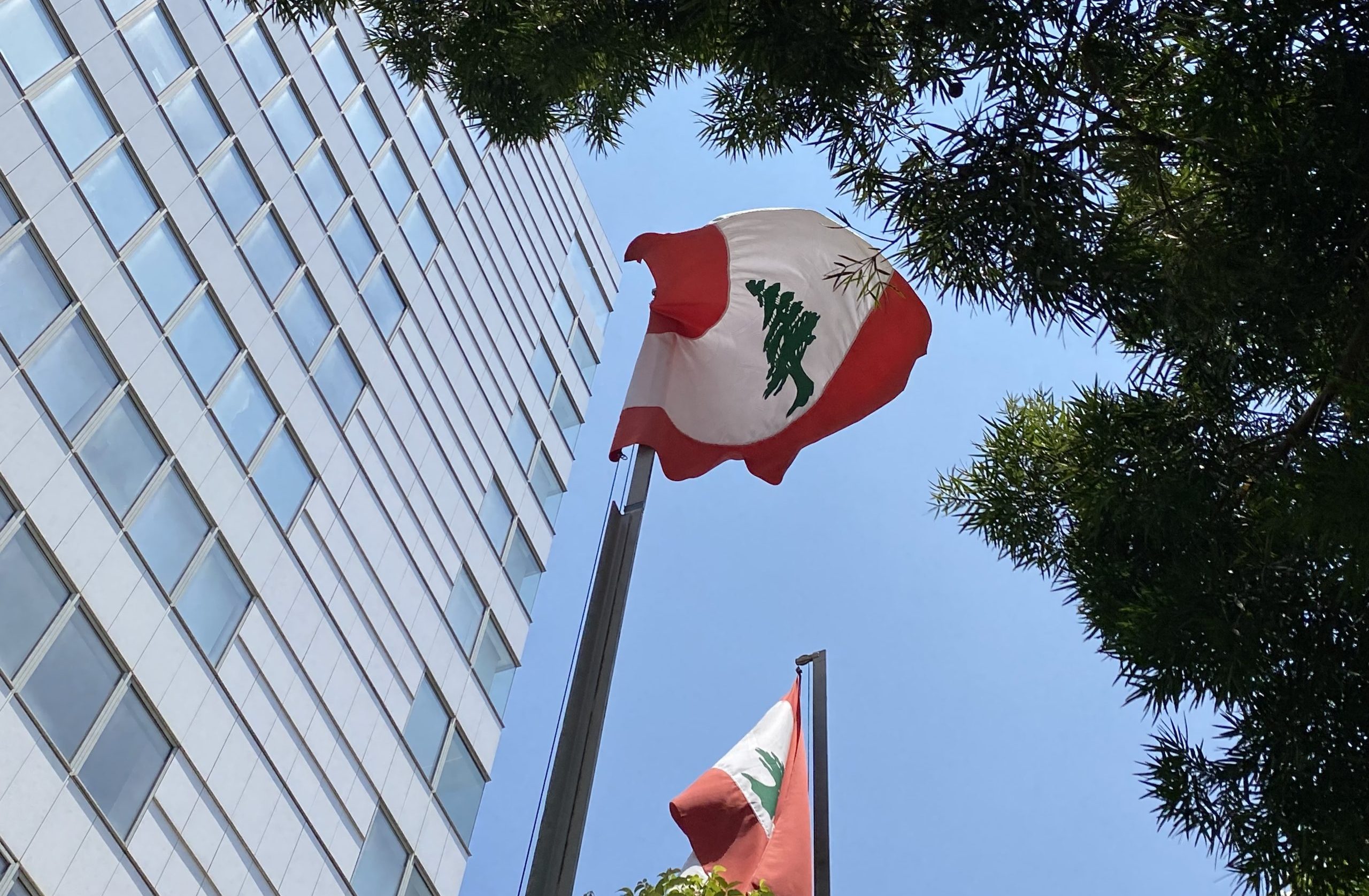Qatar and Lebanon’s Bar Associations engage in discussions to enhance legal cooperation, aiming to strengthen justice and mutual investments between the two nations.
Qatar and Lebanon discussed cooperation between the two countries’ Bar Association “to consolidate and document cooperation between lawyers”, Lebanon’s National News Agency (NNA) reported on Saturday.
The discussions took place in Doha between the President of the Qatari Bar Association, Mubarak Al-Sulaiti, and Lebanon’s caretaker minister of economy and trade, Amin Salam.
Both sides discussed means “to consolidate and document cooperation between lawyers, organisations, associations and similar professional federations in both countries.”
“The lawyer is the protector of justice and independence. Therefore, out of belief in the necessity of the Bar Association’s presence at any event to facilitate exchanges of a legal nature[…]we took this step to crown the brotherly relationship between Lebanon and Qatar,” Salam said, as quoted by NNA.
The meeting ended with “the initiation of mutual cooperation” and both sides stressed that their discussions “will chart a bright and full future for the two countries by exchanging rich and solid experiences.”
Salam noted that the cooperation would reflect on mutual investments. The Lebanese official also highlighted the need to establish a foundation for law and justice by strengthening confidence in the judiciary.
“This is our journey in the new Lebanon, the investment destination and an opportunity to benefit from many attractive factors and incentives in the structure of the Lebanese investment market,” Salam explained.
Some of the factors he underlined included “the low cost of the Lebanese labour force, the availability of young resources with graduate degrees, the relatively reasonable taxes and the continued freedom of financial transfer from and to Lebanon.”
Salam also pointed to Lebanon’s efforts to keep pace with the latest digital advancements and electronic governance to ensure the country achieves transparency.
Lebanon currently ranks 149 out of 180 in Transparency International’s Corruption Perceptions Index, with no change since the previous year, though it dropped by six points since 2012.
Some of the factors cited by the organisation included the absence of accountability following the 2020 Beirut port explosion and political impasse.
The Lebanese presidency seat has been vacant since former president Michel Aoun left office in October 2022. The country has since failed to elect a president at least 12 times.
Qatar’s efforts in Lebanon
Qatar, a regional country with strong ties with Lebanon, has also been at the forefront of diplomatic efforts in the Lebanese presidency file.
The Gulf state is a member of the Quintet Committee which includes Saudi Arabia, Egypt, the United States, and France. The group was formed last year under an initiative led by the French Presidential Envoy for Lebanon Jean-Yves Le Drian.
The group held their first meeting in Paris in February last year and met again in Doha on July 17, 2023.
At the time, the committee in Doha had discussed “concrete options with respect to implementing measures against those who are blocking progress” in the election of a president.
The failure to elect a president is due to a deep political divide that widened after the 1975 Civil War. At the time, various Lebanese sides engaged in a bloody civil war that lasted for 15 years, ending with the help of the 1989 Taif Agreement, negotiated in Saudi Arabia at the time.
Qatar has also been extending a helping hand to Lebanon amid its economic crisis, the worst since the civil war.
In 2019, Qatar’s Amir Sheikh Tamim bin Hamad Al Thani was the only Gulf leader to attend the Arab Economic and Development Summit in Lebanon.
Seeking to alleviate Beirut’s economic situation, Doha bought $500 million of Lebanese bonds.
Then during the wake of the pandemic, Lebanon continued to receive aid from Qatar.
During the same year, just hours after the Beirut port explosion, the Qatari government stepped in by sending fully equipped field hospitals with 500 beds straight to Beirut.
The Gulf state also dispatched personnel from the Qatari Search and Rescue Team of the Lekhwiya, or Internal Security Force, to help with emergency rescue operations as many remained trapped under the rubble.
Going back to 2006, Qatar led reconstruction efforts in Lebanon following the brutal Israeli war on the country, a move that the Lebanese population continued to highlight under the slogan “Shukran Qatar” translating to “Thank you Qatar.”
Doha also played a strategic role in bridging gaps between the Lebanese sides in 2008. At the time, Qatar held talks that resulted in an agreement between the Lebanese government and Hezbollah following an 18-month political crisis.
In February this year, the Qatar Fund for Development (QFFD) delivered the sixth and final batch of diesel and mazut to Lebanon under a $30 million agreement signed between Doha and Beirut last year.
The Gulf state delivered the fuel to the Lebanese Army under its commitment to support the country as it grapples with an economic crisis, its worst in decades. Both sides had signed the agreement in August 2023, which stipulated the delivery of fuel for six months.
In 2022, QFFD announced an aid package of 991,000 litres of fuel to power government-run hospitals and elderly care facilities. In 2020, Qatar pledged $60 million in assistance to the Lebanese military.







